Harvesting Heritage
Food engineer Sarah Joseph has turned her family home into a flourishing farm
Since getting married, Sarah Joseph has missed life at her family home in Mount Lebanon. That’s partly what drew her to start an Agri-tourism business there, turning the land she grew up on into an organic farm that combines her skills as a food engineer with the way of life she cherished as a child. “What we’re selling is an experience. We don’t just want people to buy our products; we want them to appreciate the heritage we are preserving,” the 31-year-old says.
The farm, which sits 650m above sea level in the picturesque village of El Qattine, covers a large stretch of land and includes olive trees, tomatoes, strawberries, lettuce, kale, and a variety of other plants. The work is done by hand, using organic farming methods that require a labor-intensive approach. Joseph oversees it daily, driving an hour each way from her house in Beirut to join her employees in the fields.
Around six people work here during peak season, but as they expand, she hopes to bring more people on full-time. “This is a small region where there aren’t a lot of jobs. My hope is to create more opportunities, particularly for housewives who don’t have work and want to help their families,” she says.
Olive farming is less common in this part of Lebanon, with many of the country’s farms located in the south, where cross-border fire with Israel over the past year has damaged large swathes of land. The olive sector is an integral part of the country’s economy, accounting for seven percent of agricultural GDP, and, for many people in rural villages across the country, it’s a vital source of income.
In the future, Joseph plans to boost the farm’s income by planting lavender, thyme, and other plants so that the farm can expand its product range. “I need to generate more revenue to hire more people from the region. My goal is to enhance my community,” she says.
The farm is already well-known in the area for its organic olive tapenade, which comes in six flavors: basil, almond, caper, chili, walnut, and her most recent addition to the line—fig. They also produce organic extra-virgin olive oil, several kinds of olive soap, and lavender bags. Liaising with clients is Joseph’s favorite part of the job. “My customers are like family. I love to prepare their orders and take care of every detail from the recipe and packaging to the delivery.”
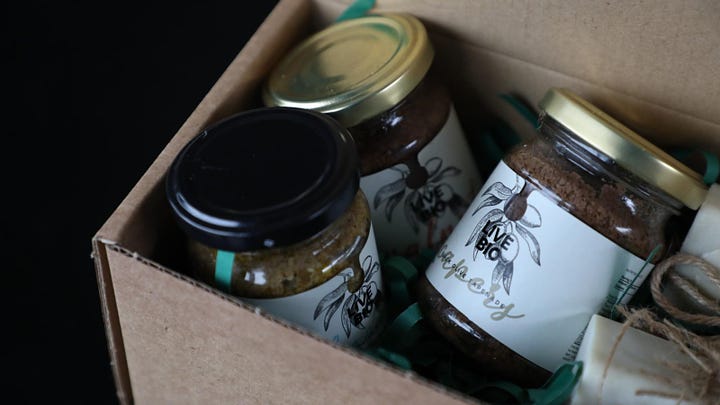
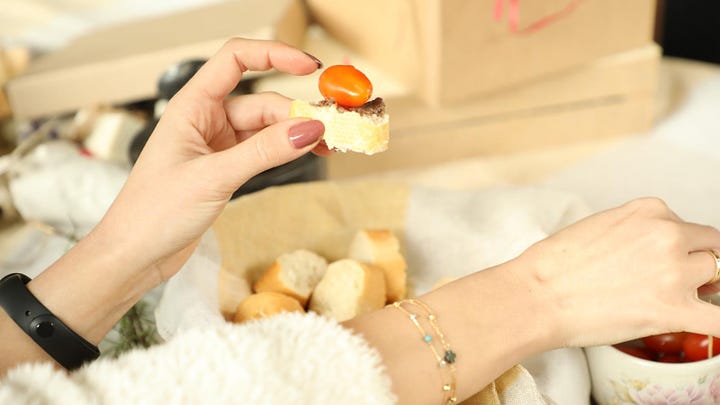
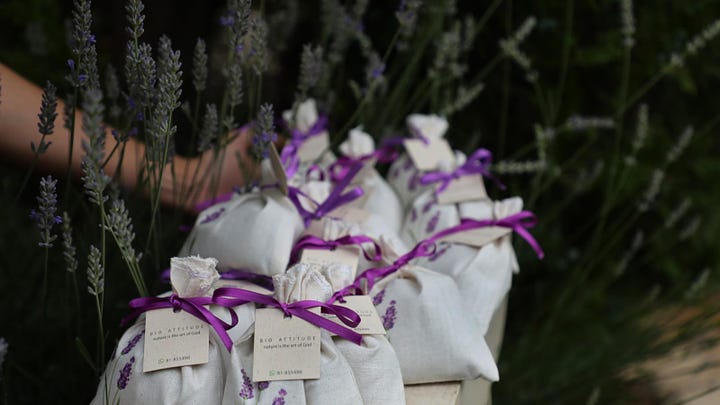
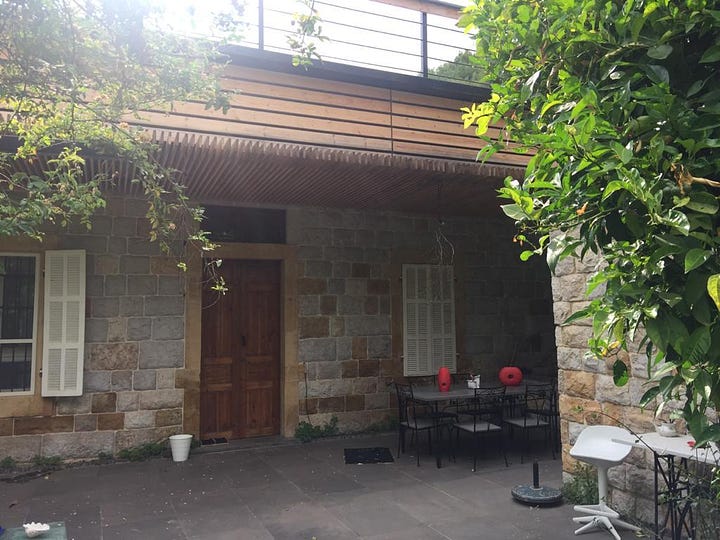
Joseph also runs technical workshops on Food Safety and Agro-food processing, sharing her skills as a food engineer and her experience in the F&B sector. To complete the experience, she plans to create a small farm-to-fork restaurant. Near the atelier, her parents manage the guesthouse, where visitors stay in mirrored bungalows overlooking terraced olive trees and the hills of Mount Lebanon.
Driving down the winding lane to her family home each morning, Joseph feels a sense of affinity that reminds her where she belongs. Starting the business in 2020 during the economic crisis was difficult, and at first, she wasn’t sure she would succeed. Now, four years later, as she surveys the land she has cultivated and the people who nurture it, she is confident they will continue to grow.
“At first, it was a hobby. I lost my job when the private sector collapsed, so I started creating these olive tapenade recipes.” Gradually, she expanded the idea into an agricultural process and registered her company to formalize the business. She has participated in several exhibitions and now exports her products to Johannesburg, Brussels, and Qatar. Her goal is to generate more profit to continue expanding, and earlier this year, she secured an Innovation Hub grant to purchase a vacuum machine and several other pieces of equipment to enhance production.
“People in Lebanon have had to find enterprising solutions to secure their livelihoods since the economy crashed and many were left without jobs,” says Faisal Al Mutar, President of Ideas Beyond Borders. “Sarah Joseph has used her skills to build a business from scratch that creates employment, boosts the economy, improves agricultural production, and gives back to the land.”
This article was written by Olivia Cuthbert.




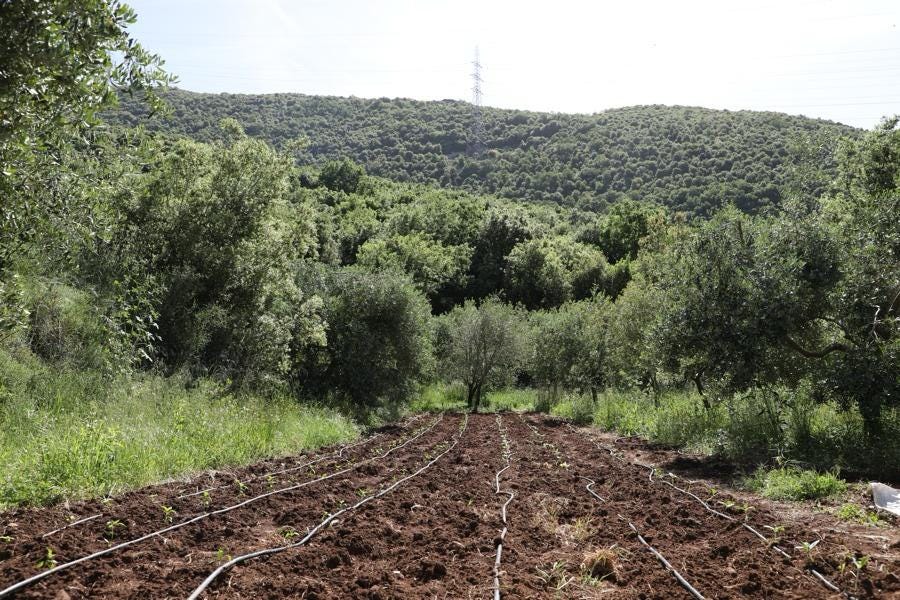
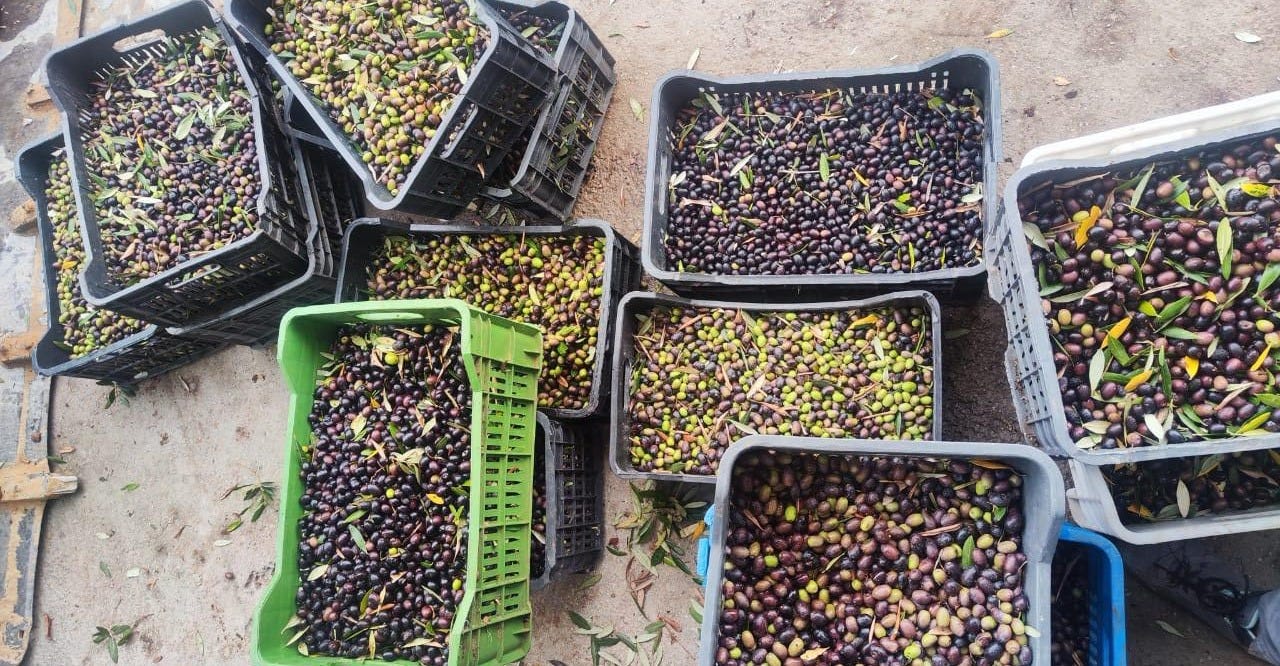
So wonderful to see Sarah growing plants for human consumption rather than turning to the exploitation of other sentient beings. Radically better for us humans, for animals and for the planet we all share <3